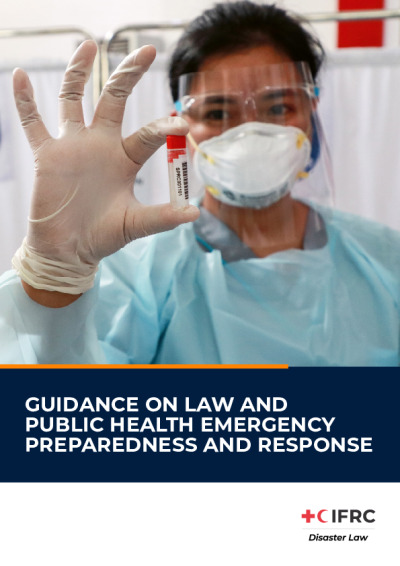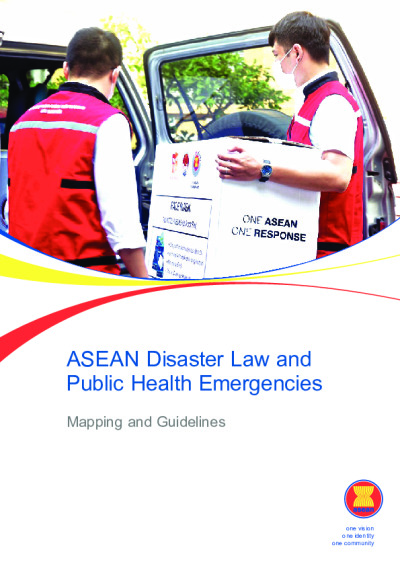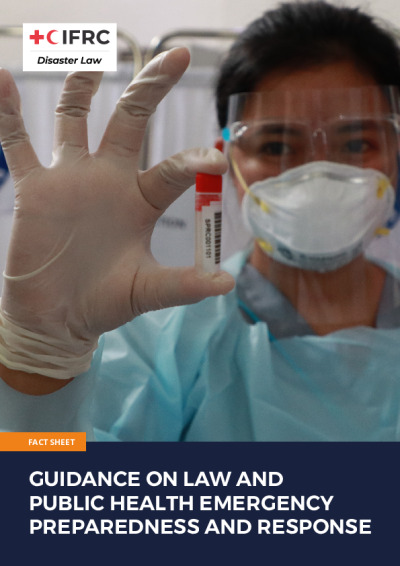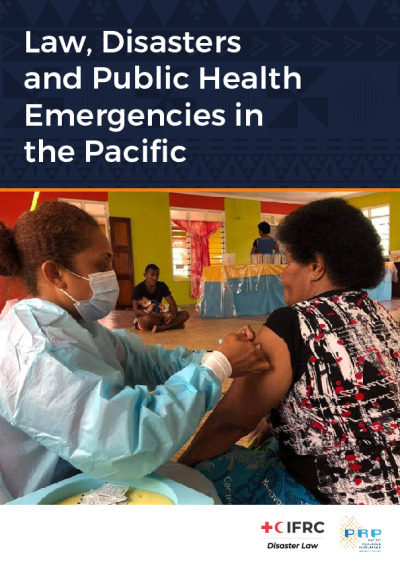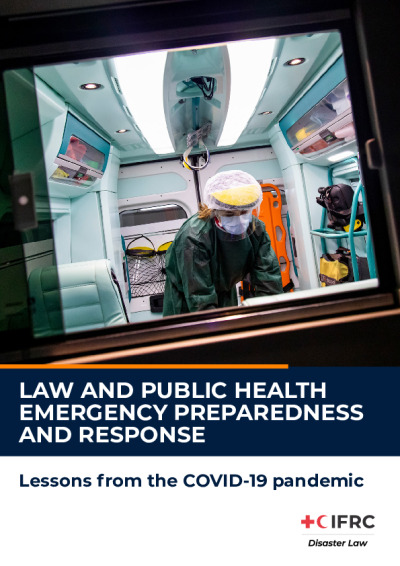The COVID-19 pandemic highlighted the important role of law in responding to public health emergencies. Following the onset of the pandemic, countries around the world declared states of emergency or disaster, passed reams of emergency legislation and dusted off existing laws, policies and contingency plans.
In 2020, IFRC Disaster Law embarked on the 'Law and Public Health Emergencies Research Project' to identify the key features of an effective domestic legal and policy framework for public health emergency preparedness and response. The project involved country-level desktop research undertaken in two stages.
The first stage of research was a mapping of COVID-19 emergency decrees in 113 countries during the initial stages of the pandemic. The second stage of research, which focused on 32 countries, involved a detailed assessment of domestic legal and institutional frameworks for public health emergencies.
IFRC Disaster Law has published a report synthesising the results of the country-level research and providing a detailed set of recommendations: Law and Public Health Emergency Preparedness and Response: Lessons from the COVID-19 Pandemic. A snapshot of the report is available here.
IFRC Disaster Law has also prepared a short guidance document based on the recommendations in the report: Guidance on Law and Public Health Emergency Preparedness and Response. A fact sheet about the guidance is available here.
